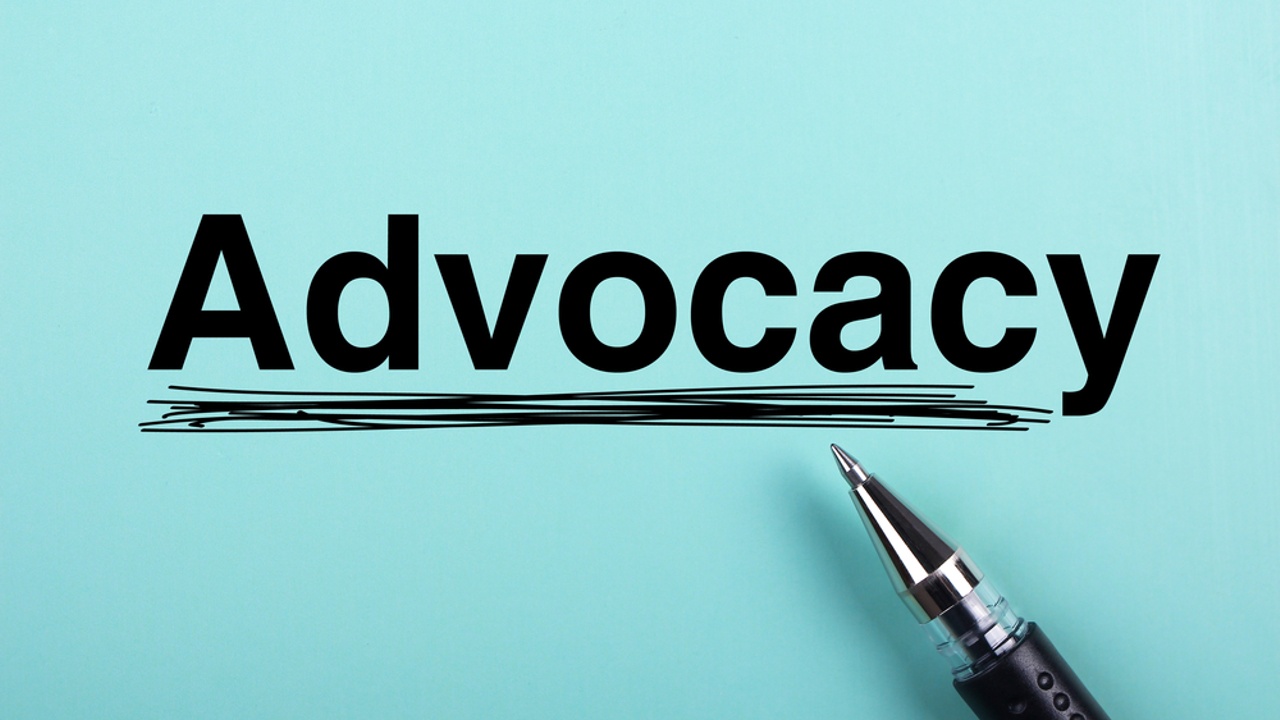How to Be an Advocate
Feb 22, 2021
If we had to define the last twelve months, we’d describe them as an awakening. So many people awoke from “business as usual” and started to see with their own eyes that we need to make a change. Change both in our own lives, with work taking our time away from family and prioritizing the wrong things, as well as change in our larger society. From the social justice movement and battling against white supremacy, to the health disparities and lack of quality compensation for essential workers who are keeping our society moving during a pandemic to the education gap in America - change has been long overdue.
There are so many worthy causes to support out there in the world. We’ve all seen the power that using our collective voices to speak up and speak out about injustice has made. But how do we actually do that? How can you start?
Focus on what matters to you.
The most important thing to remember is that you can’t be an effective advocate for everything. Sure, you can be in support of many things, but to make true change, you need to focus on the one thing that matters most and how you can solve that problem. Many times we get so caught up in supporting every single thing that we come across - doing this only limits our time and our resources, ultimately shrinking our impact.
Take some time to think about what is MOST important to you. Climate change? Ending hunger? LGBTQIA rights? Black Lives Matter? Equal pay? Women’s Rights? Criminal Justice Reform? Whatever it is, hone in on THAT.
You should make sure that you really believe in this cause and it aligns with who you are. If you have a personal motivation and connection to the cause that aligns you to it, your support will come through that much more powerfully to the public. Your advocacy should fit into who you are and who you are growing into. If you don’t know if you can be consistently advocating for this cause, it’s not the one for you.
Become an expert.
The next step once you hone in on the cause you want to support is to educate yourself. Let’s say you want to advocate for criminal justice reform. Consume EVERYTHING you can on that topic. Read articles and books (yes books!!), listen to podcasts, watch interviews, review legislation, connect with folks and organizations working in that space, ask questions. Learn as much as you can possibly learn about criminal justice reform (if we’re sticking with that example), including those who don’t support it. Why don’t they? You can be a stronger advocate for what you believe in if you can understand and work with those who don’t agree.
So many people get in trouble when they try to advocate for something that they haven’t done the research on. You’ve seen the tweets, apologizing for their ignorance or the words they used. Don’t be that person! Ensure that before you advocate, you educate yourself on the best ways to use your platform.
Understand how YOU uniquely can help.
Once you are educated in the topic, that’s when it’s time to start thinking about what YOU can individually do to support. What works for one person may not work for you, and that’s ok! We need the big money donors as much as we need grassroots organizers. We need the social platforms as much as the political ones.
Do you have a big social media following you can leverage for the cause? Do you have a unique skill set (ie. public speaking, graphic design, legal education, etc) that you could lend to the cause? Or do you simply have a network of change makers (ie. CEOs, brands, companies, entertainers/athletes) that you can encourage and inspire?
Only you know what you can offer and bring to the table. Understanding your strengths is an important part of the process of being an advocate. If you don’t know how you want to support or even how you could support, you are leaving opportunities to make a real impact on the table.
You should not limit this insight to just your strengths. Make sure you talk to those organizers on the ground working on the issues and ask them how you can help. These organizers know the community you are serving, they know what the biggest needs are and the biggest challenges. They are your best resource to really understand where your strengths can contribute the most to the cause. Build and maintain those relationships constantly, as they will be the key to your success as an advocate.
So if you want to be an advocate, remember that there are many ways to go about it, all equally important to bringing about change. But if it’s not done intentionally, authentically and realistically, no matter what path you take, it will not create the impact you want to see. Everyone can and should be an advocate. Only when we work collectively can we really create the change that we need for a better world.


